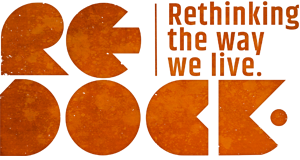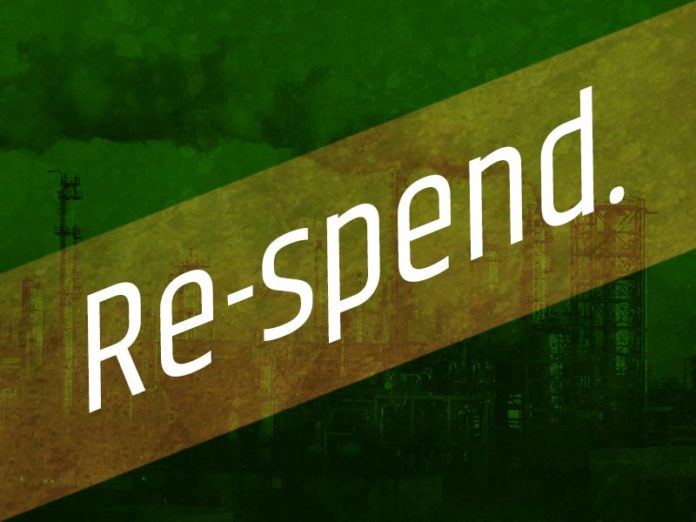Funny how we can get used to systems and habits that are completely absurd when you take a good look at them. We are used to being consumers at the end of a production line and we are used to the fact that worldwide brands are trying to push their product to us and to our children. It’s just in the last years that we wonder (a little bit) where products are coming from and how they are produced.
Let’s look at the three most polluting industries in the world: the oil industry, the fashion industry and the meat industry. I can fly from Amsterdam to Pisa for €40, H&M sells shirts and trousers for €5 and MacDonald sells a burger for €1 a piece. Does that make any sense… really? This is what we call civilisation…
These prices can only be so low because the damage done to the planet along the way is not included. CO2 output, rainforest teardown, exploitation of people and resources or costs for obese and other lifestyle diseases will not be on the bill of the polluters. Instead the consumers will pick up the cheque via tax payments and health insurances. Keeping in mind that only in the US the costs to fight obese is about $700/yr and the costs to prevent global warming and deforestation will be rising to the top in the coming years, we are tricked into cheap prices which wouldn’t be so cheap if the polluter would pay for their own pollution.
In that case we get an honest price, a lower tax and the polluter will try to clean up his mess and find alternatives plus the local entrepreneur will get a chance to compete against the global brands in an honest way.
Our conclusion is that industrial processes can no longer be a simple line from resource to consumer. The process needs to be part of a bigger, balanced, more circular system to prevent big scale exploitation, big scale pollution and the pushing of too cheap or crappy products to us and our children.
Let’s organize our production more like nature is organized; the best example of a worldwide balanced production system!




